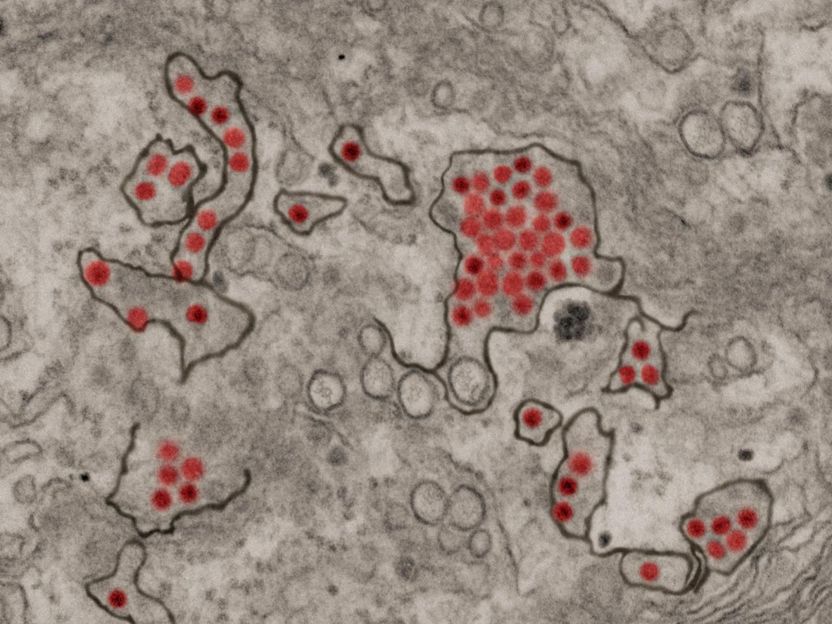BASF to expand its plant biotechnology research into fungal resistance in corn
BASF Plant Science is continuing to strengthen its focus on plant biotechnology solutions to achieve higher yield in plants. BASF will expand its fungal resistance research platform by adding corn as a target crop. At the same time, research activities in Nutritionally Enhanced Corn will be stopped and the European approval processes for potato products will be discontinued.
Main focus on yield and stress
BASF will continue to focus on the development of crops that deliver higher yields and improved resistance to stress conditions. A key component of these activities in plant biotechnology is an industry leading collaboration with Monsanto for key row crops such as soybeans and corn. Both companies have jointly developed the first genetically modified drought tolerant corn, Genuity® DroughtGard™ Hybrids, which received approval for cultivation in the U.S. at the end of 2011 and was in Monsanto’s Ground BreakersSM trials in 2012. The full commercialization is expected in 2013/14.
Expansion of fungal resistance platform into corn
The new research and development activities for fungal resistant corn will be located at BASF Plant Science’s global headquarters in Research Triangle Park (RTP), North Carolina. Field testing sites will be located in North Carolina and in the Midwest region of the United States.
“We will expand our fungal resistance platform into corn because of the attractive long-term market potential as well as the fit to our strategy to deliver more yield. Corn production suffers from severe yield losses triggered by fungal diseases, which have not been successfully addressed by conventional breeding approaches. Both modern chemical crop protection and plant biotechnology can offer solutions to secure yields. In our expanded program, we can build upon our top-quality technology platform for fungal resistance in soybeans in Limburgerhof, Germany,” said Eckes, President of BASF Plant Science.
Nutritionally Enhanced Corn and potato projects discontinued
As part of a continuous review of the project portfolio for strategic fit and attainment of project milestones, BASF Plant Science will no longer pursue research and development activities into Nutritionally Enhanced Corn in the United States. The company will also discontinue the pursuit of regulatory approvals for the Fortuna, Amadea, and Modena potato projects in Europe because continued investment cannot be justified due to uncertainty in the regulatory environment and threats of field destructions.
The discontinuation of the Nutritionally Enhanced Corn activities will result in the closure of six BASF field sites in Olivia, Minnesota, Henderson, Nebraska, Weldon and Sycamore, Illinois, Estherville, Iowa, and one of two sites in Ames, Iowa.
Most read news
Organizations
Other news from the department research and development

Get the life science industry in your inbox
By submitting this form you agree that LUMITOS AG will send you the newsletter(s) selected above by email. Your data will not be passed on to third parties. Your data will be stored and processed in accordance with our data protection regulations. LUMITOS may contact you by email for the purpose of advertising or market and opinion surveys. You can revoke your consent at any time without giving reasons to LUMITOS AG, Ernst-Augustin-Str. 2, 12489 Berlin, Germany or by e-mail at revoke@lumitos.com with effect for the future. In addition, each email contains a link to unsubscribe from the corresponding newsletter.






















































